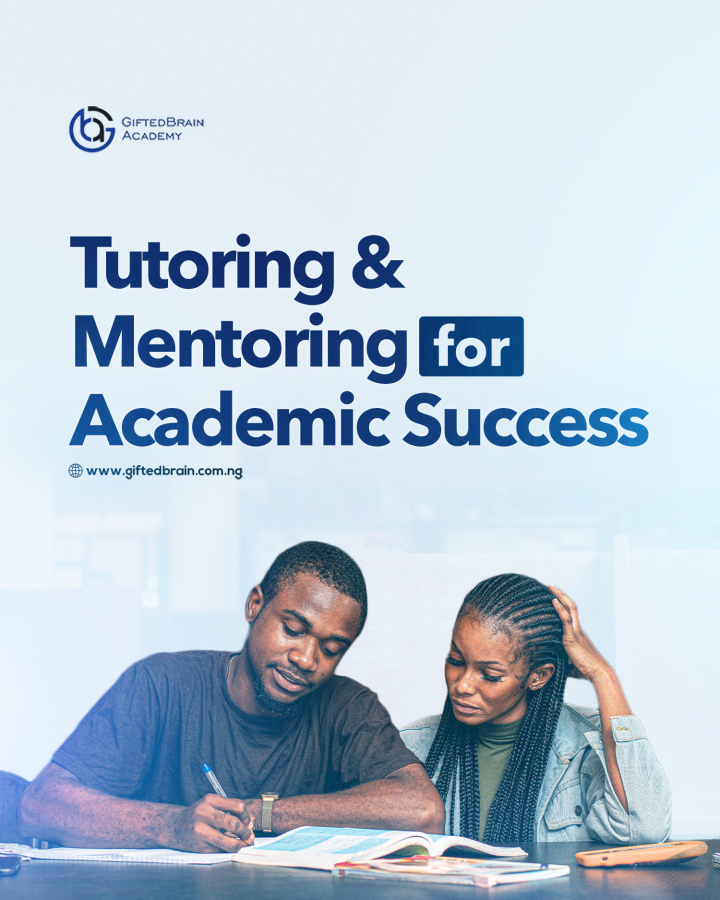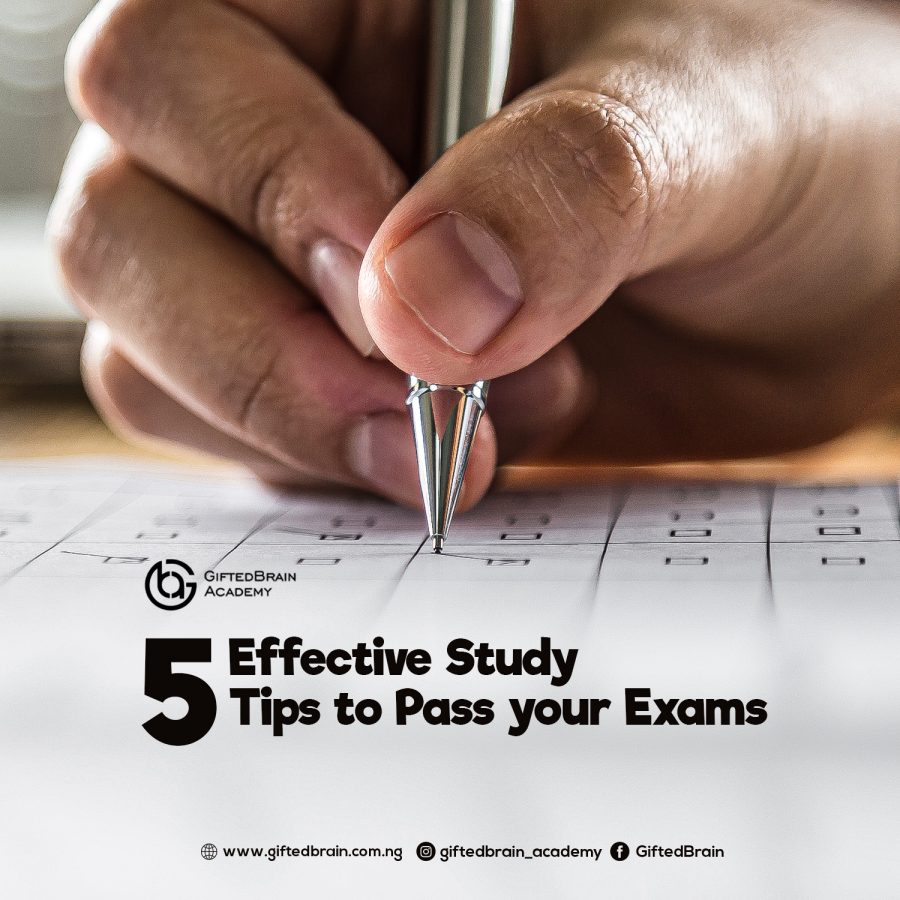Imagine having access to knowledge and wisdom that could facilitate your academic success, while simultaneously aiding your professional development. Yes!!, this can be achieved by mentoring and tutoring, two words that are often used interchangeably, even though they do not mean the same.
Such experiences are more readily accessible than you might think, and hence seeking out mentors and tutors can be invaluable to your education and career. This article aims to show you what tutoring and mentoring are, the benefits, differences and ways to seek out mentors and tutors.
Tutoring
Tutoring can be defined as additional academic support and assistance to help a person learn specific skills or courses. Tutors are usually experts in a specific area of expertise and use their knowledge to help students gain a better understanding of the material. Tutoring usually takes place in one-to-one meetings, depending on the needs of the student. Tutors can help with a variety of things such as improving in a field of academic study and learning new skill sets.
Research has consistently shown that well-designed tutoring programs can be effective in improving children’s reading and learning skills. A study conducted in 2015 followed the academic performance of elementary students before and after participating in a once-a-week tutoring. Students were grouped into groups based on whether they had a total of less than 11 hours, 11 to 20 hours, or more than 20 hours of tutoring. The advantages of tutoring were immediately clear.
Once a week after school tutoring has been proven to be effective in improving the grades of primary students in reading, writing and math skills. Participants not only saw higher test scores than before they began to study, but they also surpassed the grades of their peers who did not receive study. Students who received a total of 11 to 20 hours of tutoring experienced the most significant increase in academic performance.
Teachers noted that tutored students showed higher levels of confidence and competence in the classroom. They also noted that some students were at risk of failing and that tutoring was the key factor in ensuring they passed. With results like this, the advantages of tutoring are clear and it is not surprising that so many parents are hiring tutors these days!
Benefits of Tutoring
- Individual attention: Tutoring allows each student to receive individual attention, allowing tutors to easily understand their learning style and adapt their teaching methods to each student.
- Reduction in mathematics anxiety: When students can ask their tutors questions in a safe space about things they did not understand in class, especially in a subject such as mathematics, it reduces anxiety.
- Improved motivation and self-confidence: Tutoring leads to improvements in self-confidence and motivation for reading. This is because having a tutor makes learning more enjoyable and encourages students to actively participate in learning.
- It increases academic performance: Tutoring helps students prepare for exams, tests, and academic assignments. While tutors typically work with their students to focus on specific problems and challenges, academic performance will be improved with the help of a tutor.
- Promotes self-directed learning: Tutoring helps students learn how to learn best for themselves and what approaches work best for them, as well as to take the initiative when it comes to their academic work.
Mentoring
According to the National Mentoring Resource Center, mentoring is described as an activity that occurs between young people (called mentees) and older or more experienced people (called mentors) who act in a non-professional helping capacity to provide support that benefits one or more areas of mentee development. A mentor is a person who can guide you in the right direction and has experience in the path you want to follow. They approach education from a wider perspective and offer support and direction beyond academic achievement.
Studies have indicated that having mentors from educators, guidance counsellors, and coaches can increase students’ grade point averages, lower their chances of failing classes, and increase their chances of enrolling in and completing college. Participants in this study participated in five waves of home interviews over 30 years. In the third wave of interviews, which included participants between the ages of 18 and 26, questions were asked about mentorships they had received as adolescents. The research team divided mentors into three groups: mentors from outside the school, such as teachers, coaches, and guidance counsellors, who students met before high school graduation; and mentors from outside the school, whom students met before graduating.
Using this data, the researchers looked at the academic results of students who had informal, school-based mentors and discovered both immediate and long-term advantages. During their time in school, students who had mentors saw increases in their grade-point averages (GPA) of 2 to 20 per cent, a decrease in the rate of course failures of 22 to 35 per cent, and an increase in the number of credits they earned annually of 3 to 5 per cent.
Over four years of high school, having a mentor increased GPAs by .24 points or nearly one extra semester credit. Long-term results include a 19–46% increase in the probability of going to college. Additionally, having a mentor in a student’s life increases academic achievement by more than six months.
The study found that smaller class sizes and a positive school culture contributed to the development of these informal mentoring relationships. This finding offers insight into the importance of mentoring students from a young age, giving them the support they need to succeed.
Benefits of Mentoring
- Self-development: Mentors assist students in identifying their strengths and weaknesses, setting goals, and forming the abilities and habits necessary for success in both school and life.
- Academic and Personal Development: Students who need assistance overcoming obstacles in their academic and personal lives, gaining leadership experience, and creating a network of contacts and resources can find great value in mentors.
- Mentors offer guidance: Mentors also offer advice and direction on matters like applying to universities and schools, developing a career, and growing personally.
- Increased motivation to learn and succeed: Children with academic mentors are more likely to be motivated to learn and succeed at school. Having someone to look up to, who is invested in your academic success can make a big difference in the attitude of a child towards learning.
- A mentor may serve as a reference for further education, employment, or graduate work: When it comes to planning for college and a career, a mentor can be a great resource. A mentor can offer direction and counsel regarding extracurricular activities, major selection, and course selection. A mentor can also help students get ready for interviews and provide insight into the admissions process. In addition, a mentor can serve as a reference for graduate programs and employment. Mentors can vouch for a student’s moral fibre, work ethic, and academic aptitude in recommendation letters. Therefore, a mentor can be very helpful in assisting students in achieving their academic and career objectives.
Differences between Mentoring and Tutoring
| Mentoring | Tutoring |
| 1. Mentoring is all about building a trusting relationship. | Tutoring is more focused on the subject matter. |
| 2. A mentor is someone who typically provides feedback, advice, and guidance to their mentor. | A tutor provides academic assistance with a specific subject matter. |
| 3. Mentoring is longer-term, because the relationship aspect of mentoring is an important factor in the process. | Tutoring usually tends to be short-term. |
| 4. Mentoring is less structured; it is usually based on agreement between the mentor and mentee. | Tutoring sessions are typically more structured, in regard to timescale and processes. |
Ways to Seek Out Mentors and Tutors
Finding a mentor or tutor who is dedicated to your academic and professional growth is a worthwhile endeavour, even if it takes time and effort.
But a frequently asked question is: how can I find tutors and mentors?
1. Determine what you need
Determine your own needs and expectations before searching for a mentor or tutor. As a student, what are your areas of strength and growth? Which subject are you finding challenging? What are your long- and short-term objectives? What kind of guidance from an instructor or mentor do you require? What kind of relationship do you prefer—formal or informal? Do you want a tutor or mentor from your district, your own school, or another place? By responding to these queries, you can focus your search and find one that matches your needs.
2. Ask for recommendations
Consulting your friends, bosses, coworkers, or network is one approach to discovering a possible mentor. Find out if they know anyone with the qualifications, background, and disposition you’re searching for. Additionally, you can look through online forums, directories, and platforms that pair students with tutors or mentors. But exercise caution—don’t depend just on what other people think. To find out if they are available and interested, you should also conduct your investigation and get in touch with them directly. For recommendations, please get in touch with us at GiftedBrain Academy.
3. Assess the fit
Finding the right mentor requires careful consideration. Locate a person who is qualified to offer the particular kinds of guidance you require. For example, a graduate student might be the best person to answer your questions if they are mostly about applying to graduate school. Look for mentors whose areas of research interest or whose professional paths align with your own goals.
After compiling a list of potential mentors or tutors, you can speak with them over the phone, in person, or online. You should enquire about their expectations, availability, approach, and background during this talk. Share your personal needs, objectives, and preferences as well. This will enable you to assess whether you get along well, respect each other, and have similar styles. To learn more about their reputation and efficacy, you should also ask for references or testimonies from their prior tutees or mentors.
4. Establish the relationship
You must first create a relationship with a mentor or tutor who can help you achieve your goals for self-evaluation and reflection, or who can instruct you in such a manner. The frequency, length, and mode of communication should all be agreed upon. To make sure the relationship is fulfilling for both of you, you should also evaluate and make changes regularly.
5. Learn from your mentor or tutor
The last stage is to take advice from your mentor or tutor and utilize the relationship to its fullest. You have to be respectful, inquisitive, and open-minded. In addition, you ought to be responsible, proactive, and self-directed. They should provide you with feedback, which you should utilize to advance your work. It’s advisable to evaluate your own performance and discuss your conclusions with your mentor or tutor. You should also celebrate your achievements and acknowledge your challenges.
Here you have it guys! Are you willing to seek out a mentor or tutor today? Contact us at GiftedBrain Academy. We are here to help you through the process.


